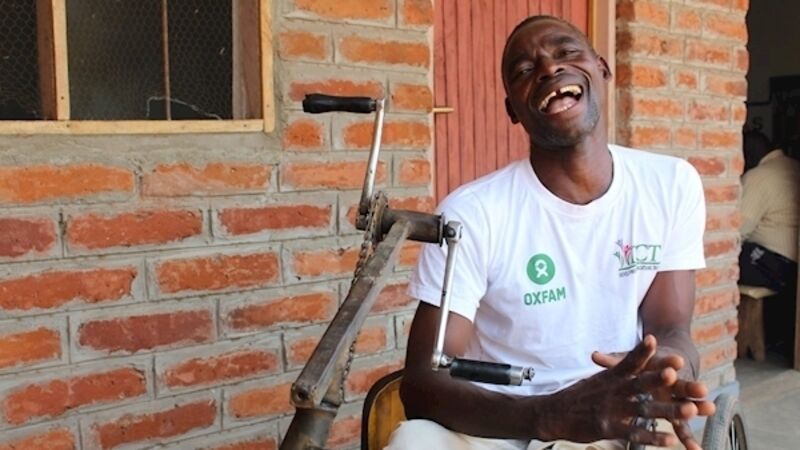Ireland can and must be central to achieving 'A Better World'

Ireland’s vision of a better world, as laid out in the Government’s new policy for international development, is an ambitious one. It sees a world where women can claim and exercise their rights, enjoy economic opportunities and live free from the horror of violence and abuse, writes
A world where organisations like Oxfam don’t exist because no-one is hungry or enduring the injustice of poverty or living far from home because of conflict, persecution or disaster.
















